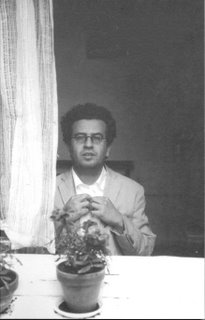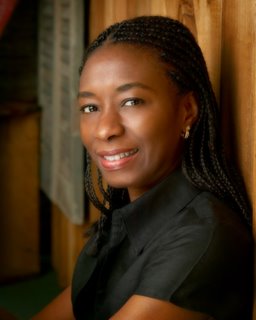author photo: copyright Diana Matar

The Libyan novelist Hisham Matar, a long-time resident of London, has been in the Netherlands this past week for the launch of the Dutch edition of his debut novel “In the Country of Men.” In the Netherlands the novel is published by Meulenhoff, under the title “Niemandsland.” Matar was the guest at evenings in Amsterdam and The Hague.
This is the first publication anywhere of a work which has been described by The Bookseller as “the most highly prized literary debut of the autumn.” Readers in the Britain must wait until next month for the UK launch of the novel, which is bound to attract much interest.
There has been keen competition between publishers for the rights to the novel. Within a week of the novel’s submission to publishers in the UK a bidding war broke out which was won by Viking, an imprint of Penguin, which agreed a two-book deal with Matar. So far the novel has been sold in 14 countries. In the US it is due to be published in January by The Dial Press, a division of Random House.
I first heard of the novel and its author at an evening hosted in London in March by Banipal magazine as part of the Westwords Live literature festival. As soon as Matar started reading from the novel’s first pages it was clear that this was a remarkable work by a fresh new talent.
The novel’s first-person narrator is a young Libyan man living in exile in Cairo looking back at summer 1979, the last summer before he was sent away from Tripoli. That summer was a time of political upheavals with Suleiman’s father involved in an underground movement working for democracy. The regime takes ruthless action against the activists, and Suleiman sees the televised interrogation and hanging of his father’s best friend, a university art historian.
One strand of the novel is Suleiman’s complicated relationships with his parents. He tries to unravel the secrets surrounding his father. Why has he been told his father was away on business, when he has glimpsed him in Tripoli’s Martyr’s Square?
The boy is close to his disturbed mother, who in her husband’s absence drinks “medicine” she obtains secretly from the local baker. The “medicine” makes her “ill”, and when in this state she tells her son of her unhappiness with her marriage.
One reason for the keenness of publishers to publish the novel is because it is set in Libya, a controversial country which is frequently in the news but which is barely present in literature written in English. The novel is being compared to “The Kite Runner”, the runaway success by Afghan Khaled Hosseini. It looks set to fulfil the considerable expectations attached to it.
Susannah TarbushSaudi Gazette June 6 2006




